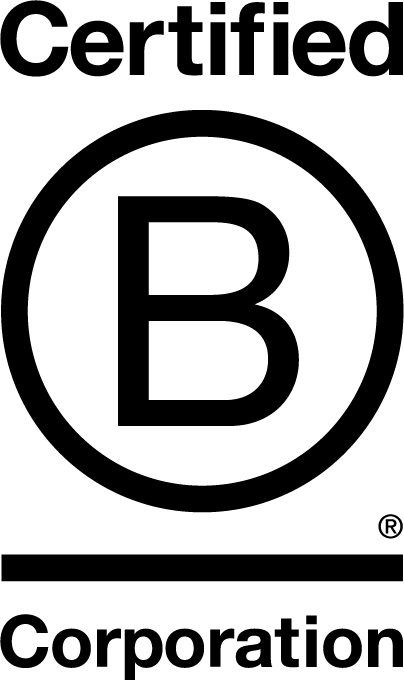The Economic Crime and Corporate Transparency Act 2023 (ECCTA) introduced amendments to the identification doctrine for economic crimes.
The identification doctrine is the means by which an organisation can be found criminally liable for the actions of an individual.
New measures will strengthen the ability to apply corporate liability to corporations, particularly large complex structures, and deter instances where senior managers use their authority granted under the corporation to commit economic crimes.
Under ECCTA, a company or partnership commits an economic crime offence where the offence is committed with the involvement of a “senior manager.” This expands the group of individuals who can trigger liability for the organisation. This makes charging decisions for prosecutors, and subsequent prosecution of companies, and partnerships more straightforward.
A senior manager is someone who plays a significant role in either:
- the decision making about how the whole or a substantial part of the organisation’s activities are managed or organised; or
- the actual managing or organising of the whole or substantial part of those activities.
This covers both those in the direct chain of management as well as those in strategic or regulatory compliance roles.
The legislation applies to a list of economic crimes including bribery, false accounting, and fraud.
What should I do to try to protect my organisation?
Identify those individuals who could potentially be accountable under the new legislation. Check if those people could benefit from additional economic crime awareness training.
The reform also emphasises the importance of robust internal controls and compliance programs to prevent economic crime.
Action Required
Audit Committees and Boards to consider amendments to the identification doctrine and potential training requirements for senior managers.


